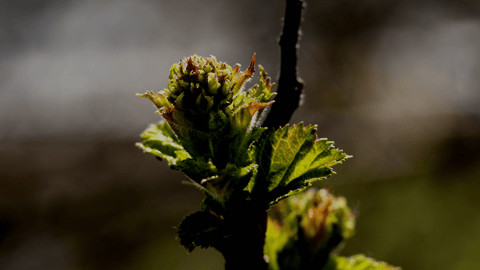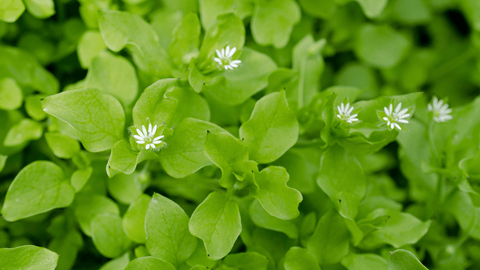Hawthorn berries

Hawthorn berries contain a large pip inside, so please be careful when eating.
The best culinary use (in my experience) for hawthorn berries is for making hawthorn ketchup:
Hawthorn berries are super rich in pectin, a gut healthy pre-biotic that feeds your microbiome. It is this pectin that allows jams to set - so this can often be paired with other berries to create a well set jam!
They contain a large pip in the middle, so you need to cook them to extract the pulp around the pips
Suggested uses:
To extract a basic sauce from them simply cover them in approx 200ml water, boil them for 30-45mins (until berries are fully softened and the pulp comes away from the seed easily), then squash the berries through a sieve (to separate the pulp from the seeds), leaving the pips behind. Add the soft pulp back to the water you boiled the berries in and use as a base for sauces/gravy/fruit compote, chutneys, ketchup or jams. Hawthorns pair equally well with savoury sauces as they do with sweet, making a great addition to a tomato based sauce/dish, or even an apple and blackberry crumble.
The simplest suggestion is to mix the base with passata, basil, salt and pepper to create a very tasty sauce that can be drizzled over pasta, feta, chickpeas or meats.
If you have the time you can make hawthorn jelly, ketchup or chutney.
You could also simply boil up a tablespoon of berries to make a lovely tea.
The berries can be stored in the freezer for up to a year if you need to wait until you have more time to get creative with them.
Hawthorn Ketchup recipes:
https://www.greatbritishchefs.com/recipes/hawthorn-berry-recipes-foraging
https://www.wildfooduk.com/wild-food-recipes/hawthorn-ketchup/
https://larderlove.com/hawthorn-ketchup/
Hawthorn Jelly Recipes:
https://practicalselfreliance.com/hawthorn-jelly/
https://wildfood.club/hawthorn-jelly/
Don't forget to sterilise if if you are planning on making a hawthorn jelly.
https://www.bbcgoodfood.com/videos/techniques/how-sterilise-jars-video






